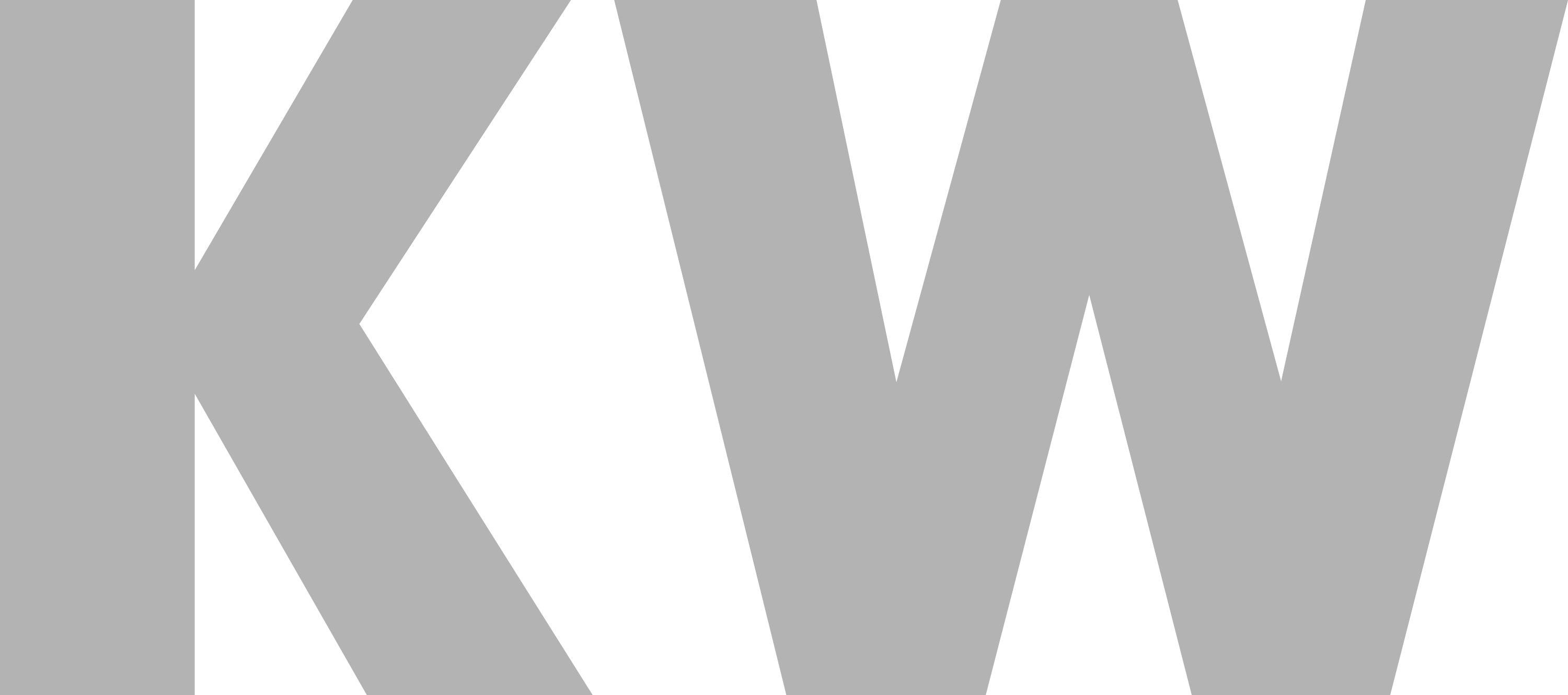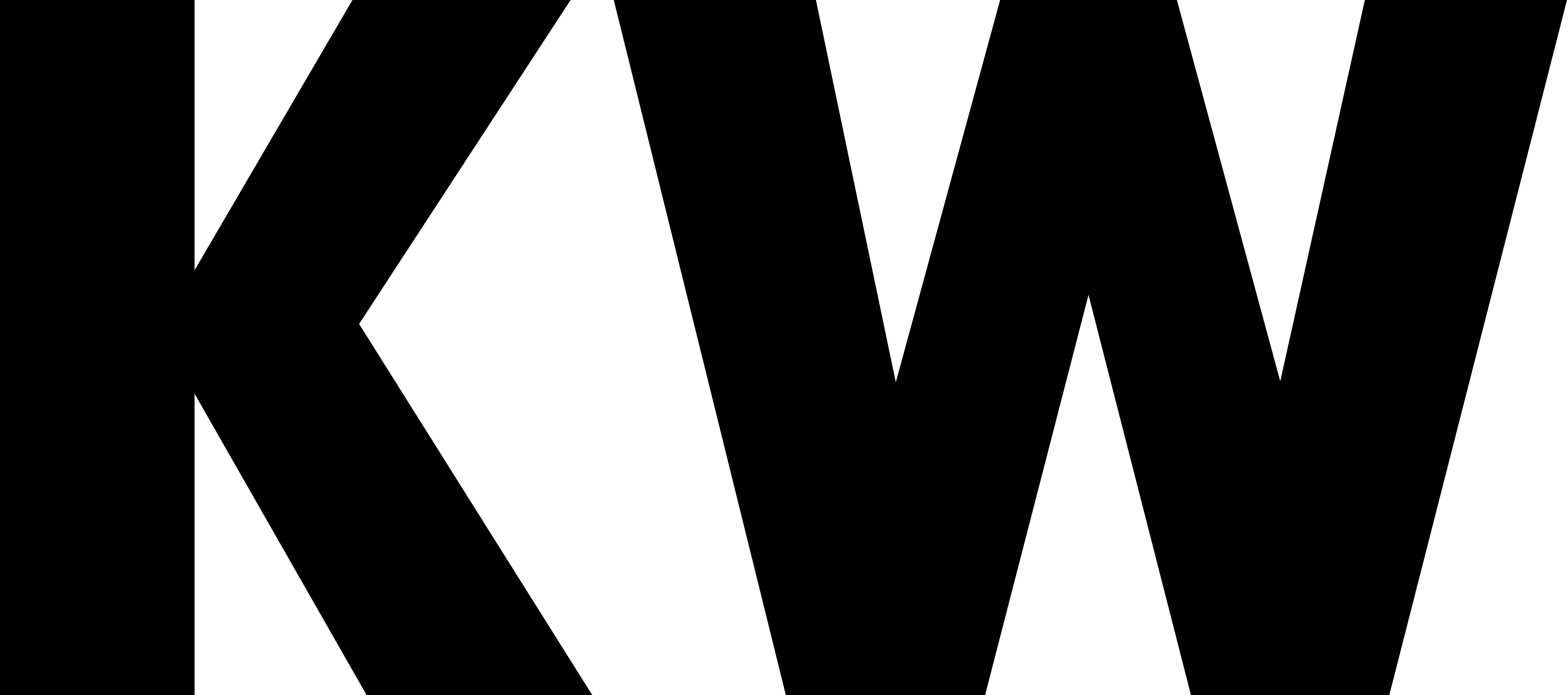Lecture Peter Friedl:
Mieke Bal
To Be or Not to Be: No Con-Cept
28 March 22, 7 pm
In English
Venue: KW
Registration via reservation@kw-berlin.de
In accordance with the current Covid-19 regulations, the 3G rule (vaccinated, recovered or tested) applies to all KW events. In addition, we ask that you wear an FFP-2 mask throughout the event.
Peter Friedl, Peter Friedl, 1998. Garments, mixed media, dimensions variable. Installation view of the exhibition Peter Friedl: Report 1964–2022 at KW Institute for Contemporary Art, Berlin 2022. Courtesy the artist; Photo: Frank Sperling
If a concept is a way of grasping (-cept) together (con-) the different aspects traditionally associated with art and with the artist, such as autonomy, authority, authenticity, unity, coherence, to say that Peter Friedl is an artist would be as misleading as calling him a “conceptual artist”. Instead, this artist keeps shifting away from the pulls of centering of that concept. The visitor is addressed with high demand and thus respect for her own intelligence. The exhibition can only “work” in allegiance with this art if the visitor shifts along. But if it cannot have a center, if it cannot harbor the loose ends in its welcoming and coherence-bestowing generosity, what can it be? Peter Friedl’s work is as explorative and tentative as it is simple and straightforward, as amusing as, sometimes, tragic, and, from work to work, diverse in media, style, figuration, and meaning. His work, then, not only works with concepts, but also does the philosophical work of reflecting on the concepts it simultaneously produces and rejects. And, taking a work deliberately out of the context in which it first did its conceptual work, the artist sends the concept on a journey from which it will not return unscathed. As a “student” of Friedl, the lecturer will revisit some of these works, and try to work on the paradox of political art as a problem, an experiment, and a need.
Author of 45 books and supervisor of 81 finished PhDs, the cultural theorist, critic, video artist and curator Mieke Bal writes in an interdisciplinary perspective on cultural analysis, literature and art, focusing on gender, migratory culture, the critique of capitalism, and political art. In 2002 she began to also make films, as a different, more in-depth and more contemporary mode of cultural analysis. Since then, writing, filmmaking and curating go together. In her 2022 book Image-Thinking (Edinburgh UP) she develops her ideas about how to integrate academic and artistic thinking. As a filmmaker, she made a number of experimental documentaries, mostly about migratory situations, and “theoretical fictions”, films and installations in which fiction helped developing difficult ideas. Madame B (2014) was exhibited in the Munch Museum in Oslo in combination with works by Edvard Munch in 2017. Reasonable Doubt (2016), on René Descartes and Queen Kristina of Sweden, also travelled. Then she made a 16-channel video-installation Don Quijote: Sad Countenances (2019) and a short essay film It’s About Time! Reflections on Urgency (2020).


